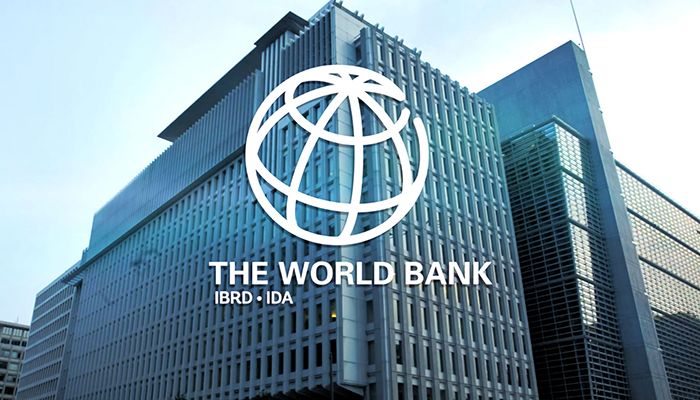
Desk Report
Publish: 28 Jul 2023, 03:42 pm

Photo: Collected
The World Bank has authorized $300 million to assist Bangladesh in reducing methane emissions along the natural gas value chain and increasing the effectiveness of gas distribution and end-use through pre-paid metering systems for residential and industrial users.
By addressing natural gas leaks and losses along the gas transmission and distribution network, reducing wastage in usage by residential and commercial users, and enhancing network monitoring capabilities, the Gas Sector Efficiency Improvement and Carbon Abatement Project will address wasting in the use of natural gas.
In Dhaka and Rajshahi Division, it will install more than 1.2 million prepaid gas meters, the international financing organization announced on Friday.
Among them, 128,000 prepaid meters for PGCL's entire residential customer base will be placed in Rajshahi, while 1.1 million prepaid meters for 54% of Titas Gas Transmission and Distribution Company Limited's residential customers will be installed in Greater Dhaka.
In order to show the practicality of smart meters for better monitoring and managing gas usage in the industrial sector, it will also pilot roll out roughly 50 smart meters to bigger industrial users.
To enhance gas flow monitoring and aid in reducing methane leakage, the project will install a Supervisory Control and Data Acquisition (SCADA) and Geographic Information System on PGCL's network.
With improved network monitoring, methane leaks in the gas network may be discovered and repaired, lowering greenhouse gas emissions.
“Improving energy efficiency will be important for Bangladesh to achieve its 2021 Nationally Determined Contributions (NDCs) commitment of reducing greenhouse gas emissions by 2030,” said Abdoulaye Seck, World Bank Country Director for Bangladesh and Bhutan.
“The project will help cut down natural gas wastage in households and industries and reduce fugitive methane emissions in gas pipelines, which are often caused by leaks from gas production, processing, transmission, and distribution.”
Natural gas accounted for 68 percent of the country’s primary energy consumption in 2021.
Methane leakages in the oil and gas value chain – which are 25 times more potent than CO2 at trapping heat in the atmosphere – amounts to an estimated 257 kilotons, which is roughly equivalent to 7.7 million tons of CO2.
“Bangladesh’s biggest source of greenhouse gas emission comes from the oil and gas sector,” said Sameh I. Mobarek, World Bank Senior Energy Specialist and Team Leader for the Project.
“Prepaid gas meters and advanced monitoring systems will help optimize natural gas end-use, mitigate methane leakages and lead to lower gas bills for the households and industrial users.”
The project will finance technical assistance to detect CO2 and methane emission sources along the natural gas value chain and identify and prioritize opportunities to abate emissions in existing facilities and infrastructure. It will also help develop emissions monitoring, reporting and verification (MRV) protocols and regulatory frameworks for sustained carbon abatement in the energy value chain that can then be implemented through investment with public and private climate financing.
The World Bank was among the first development partners to support Bangladesh. In its 50-year partnership with Bangladesh, the World Bank has committed over $40 billion in grants, interest-free and concessional credits to the country. Currently, Bangladesh has the largest IDA program in the world with a total of $15.6 billion of commitments to 53 ongoing projects.
Source: UNB
Subscribe Shampratik Deshkal Youtube Channel
Topic : Bangladesh World Bank Energy IDA
© 2024 Shampratik Deshkal All Rights Reserved. Design & Developed By Root Soft Bangladesh